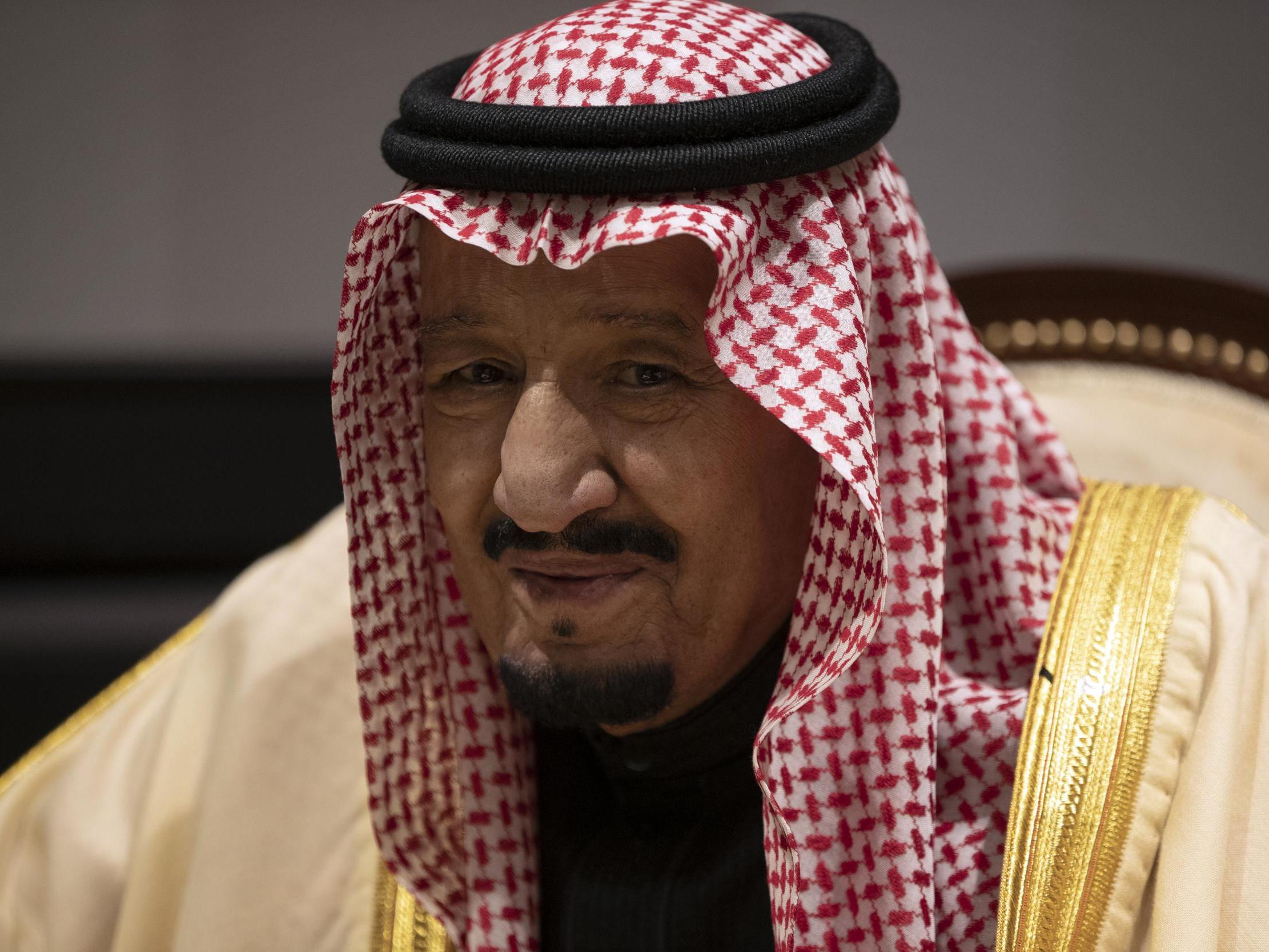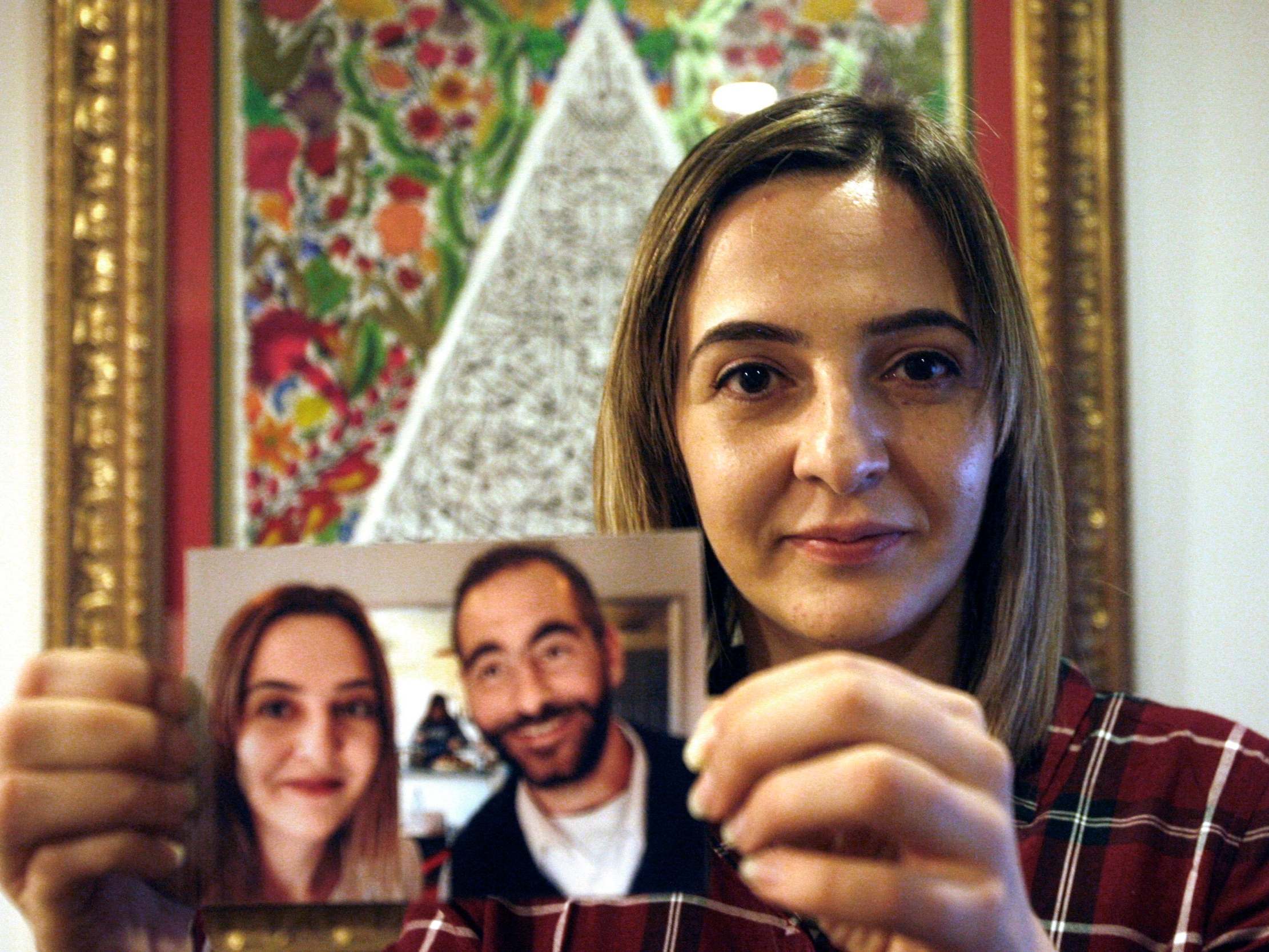Saudi Arabia king pays £1m for survivors of Christchurch massacre to attend holy Muslim pilgrimage
King Salman hopes to bring survivors of ‘New Zealand’s darkest day’ peace by taking them on hajj

The king of Saudi Arabia has invited hundreds of victims’ relatives and survivors of the Christchurch massacre to be his guests on a holy pilgrimage.
King Salman is paying for the airfare, accommodation and travel costs, a bill that will run over £1m, for the predominantly Muslim sufferers of the shooting to accompany him during hajj, the holy Muslim pilgrimage to Mecca.
The invite was extended after Saudi ambassador to New Zealand, Abdulrahman Al Suhaibani, told the families that King Salman was horrified by the attacks at two mosques on 15 March and wanted to bring them peace.
Australian white supremacist Brenton Tarrant has been charged with killing 51 people in what Jacina Ardern, New Zealand’s prime minister, called her country’s “darkest day”.
The Christchurch shootings have been cited as inspiration by other white supremacists, most recently in an attack at a Walmart store in El Paso, Texas, that left at least 22 people dead.
Each year, the Saudi king invites several hundred people to perform the hajj as his own guests, often selecting those most touched by tragedy that year.
Mr Suhaibani said this is the first time the king has invited anyone from New Zealand on his annual program to help get people to the hajj who otherwise may struggle to make it. The group will also travel to holy sites in Medina.
All able-bodied Muslims are required to perform the ritual once in their lifetime, with many saving for years to make the journey.
The annual pilgrimage draws nearly 2 million Muslims from around the world to Mecca and sites around it to perform a series of ancient rites and prayers meant to cleanse the soul of past sins and bring people closer to God.
Two weeks ago, the ambassador travelled to Christchurch to hand out the simple white garments the male pilgrims will wear. The terry cloth garments worn by men are meant to strip pilgrims down of adornment and symbolise equality of mankind before God.
“It’s a wonderful time and this is a golden chance for people to get spiritual elevation,” said Gamal Fouda, the imam at the Al Noor mosque, one of the two mosques that were attacked.
Mr Fouda, who also survived the shootings, is travelling with the group as a spiritual leader. He said that while all Muslims want to do the hajj, many tend to delay their trips due to the expense, especially from distant New Zealand.
Mr Fouda said the memories of the shooting remain fresh in everybody’s minds and his mosque hasn’t yet returned to normal.
“The most important thing is that the New Zealand community, including Muslims, they stood together against hate,” Mr Fouda said. “And we are still saying that hate is not going to divide us. We will continue to love each other.”
For fellow survivor Temel Atacocugu, 44, scars from the nine bullets fired into him on that horrific day run down his left side like knotty rope.
But it’s the recurring mental images from that day at the mosque that he often finds hardest to cope with: The gunman’s face. The puff of smoke from his gun. The worshippers falling as they clamoured to escape.
After coming so close to dying nearly five months ago, Mr Atacocugu, who co-owns a kebab shop, feels he has been “reborn”, a feeling he plans to express on the holy pilgrimage this week.
Mr Atacocugu said he was feeling good on 15 March when he entered the Al Noor mosque for Friday prayers after finishing a final session with an acupuncturist, who was treating him for a sports injury.
When he saw the gunman walk into the mosque, he thought at first he was a police officer because of his paramilitary clothing. Then the man started shooting and Mr Atacocugu found himself looking right at him as he fired a bullet into his mouth, shattering his jaw.
“And then I said, ‘Oh my God, I am dying.’ When I see he’s shooting, when I see the smoke, I said, ‘Yeah, I’m dying.’ That’s the first thought,” Mr Atacocugu said.
After falling to the floor, his left arm ended up protecting his vital organs as the gunman continued firing bullets into him.
Recovering at the Christchurch Hospital after the shooting, Mr Atacocugu could not eat for a week and could not walk for three weeks. But after several surgeries, he is now able to walk unassisted and get some use from his left hand.
He has more surgeries ahead and is being helped in Saudi Arabia by his 21-year-old nephew, who is travelling with him.

New Zealand has promptly intervened to reform its gun laws in the wake of the tragedy and granted survivors and victims’ families, many of whom were in the country on temporary visas or study permits, permanent residency.
Another of those making the trip to the hajj is 33-year-old Aya Al-Umari, whose brother Hussein, 35, was among those killed at the Al Noor mosque.
“We had a very typical sibling relationship,” she said. “So you have your nagging elder brother, nagging little sister. But at the end of the day you love each other, even though you don’t verbally say it. But you just telepathically know that.”
She said witnesses and video taken by the gunman indicate her brother stood up to the attacker, allowing others to escape.
“So he fought to the very last minute,” she said. “And this is Hussein, in his nature. He’s always the type of person who would want to see if there is danger, he’d face it, he wouldn’t escape from it.”

When visiting Mecca, Ms Al-Umari said, she will pray for her parents and herself to have the patience to cope with the loss of Hussein. She also plans to pray for the other families from her mosque who lost loved ones, and feels her brother will be with her in Saudi Arabia.
“I will carry his presence with me the whole time when I’m in Mecca,” Ms Umari said. “He is with us every day. But in the journey, I will feel like he will accompany me.”
Ms Al-Umari said she wants to return to the hajj another year. “I will do my level best to make sure I fulfil my duty first, and then I will do it on his behalf next time.”
The hajj is one of the five pillars of Islam. During the five-day pilgrimage, Muslims circle Islam’s most sacred site, the cube-shaped Kaaba, and take part in rituals intended to bring about greater humility and unity.
Mr Fouda, the imam, said while he has been to Mecca before, he has never been there during the hajj, so it will be a special journey for him as well.
“I will pray for God to forgive my sins, because every human is sinful,” he said.
“And I will also pray for the peace of the world. Peace for the people of Christchurch. Peace for the people of New Zealand. And peace for the whole world,” he said.
“We ask God that we find a better world than we live in, rather than spreading hate.”
Associated Press
Join our commenting forum
Join thought-provoking conversations, follow other Independent readers and see their replies
Comments
Bookmark popover
Removed from bookmarks